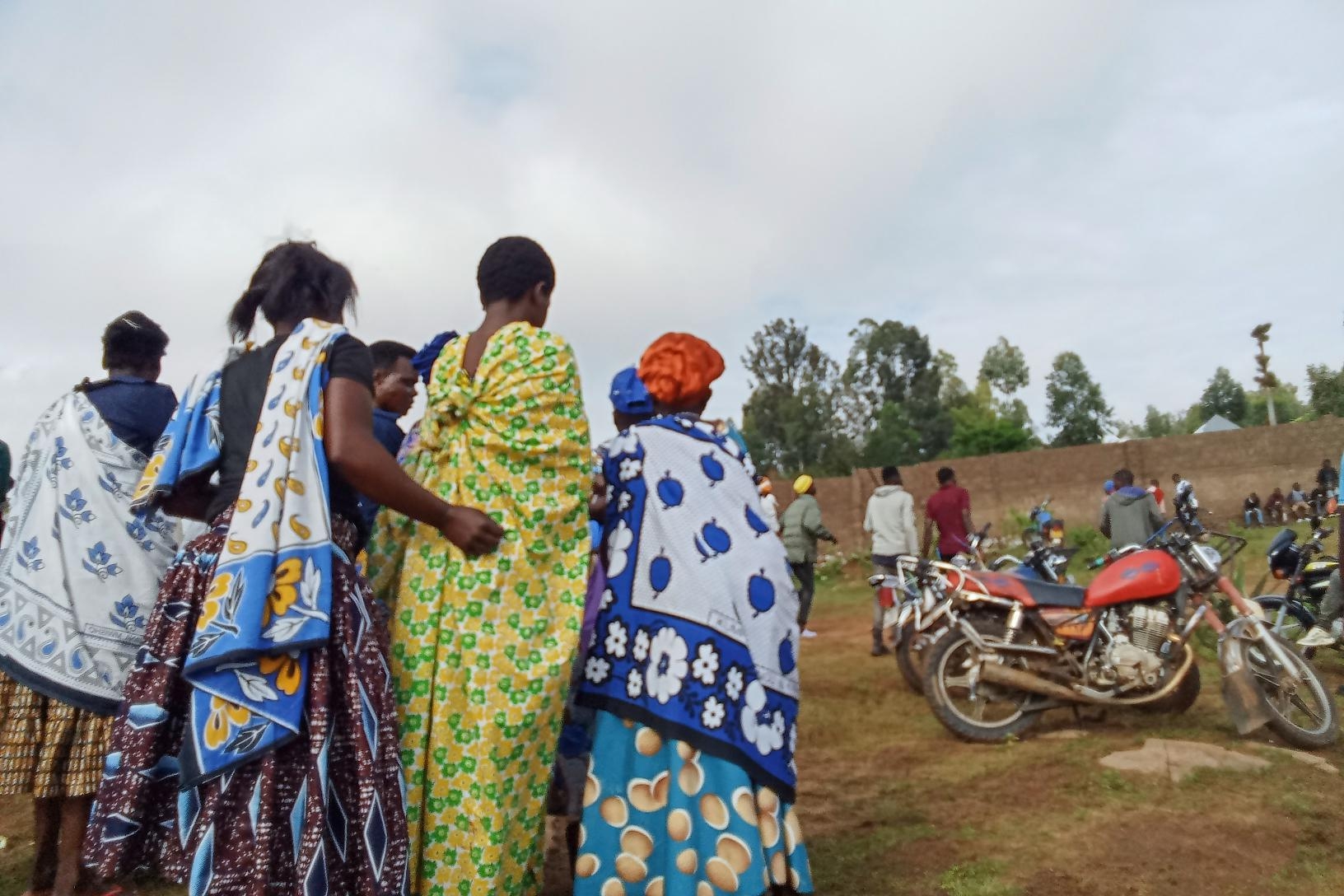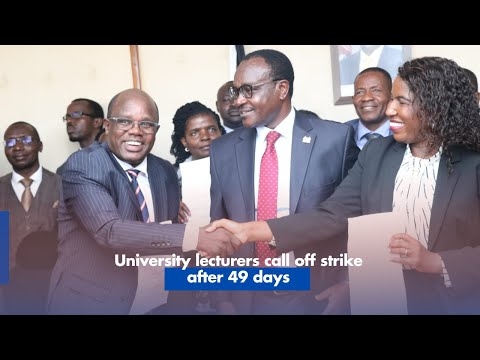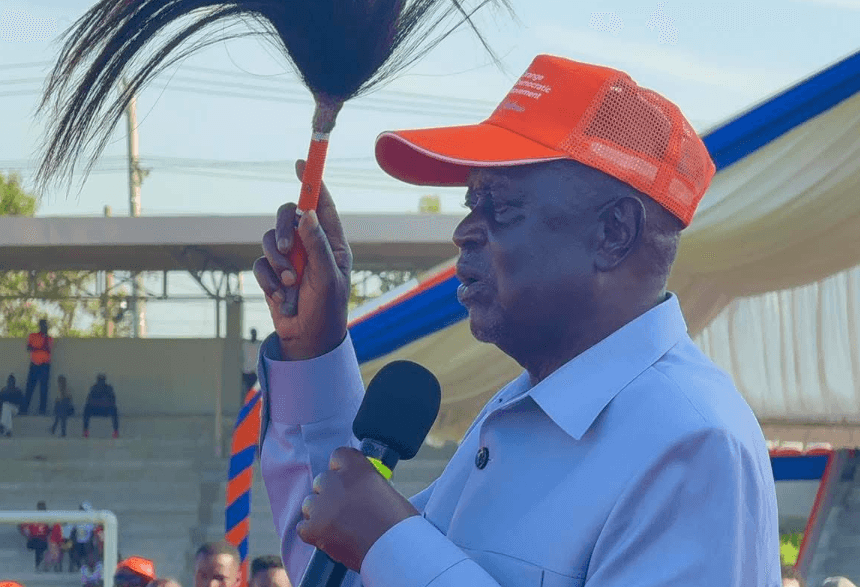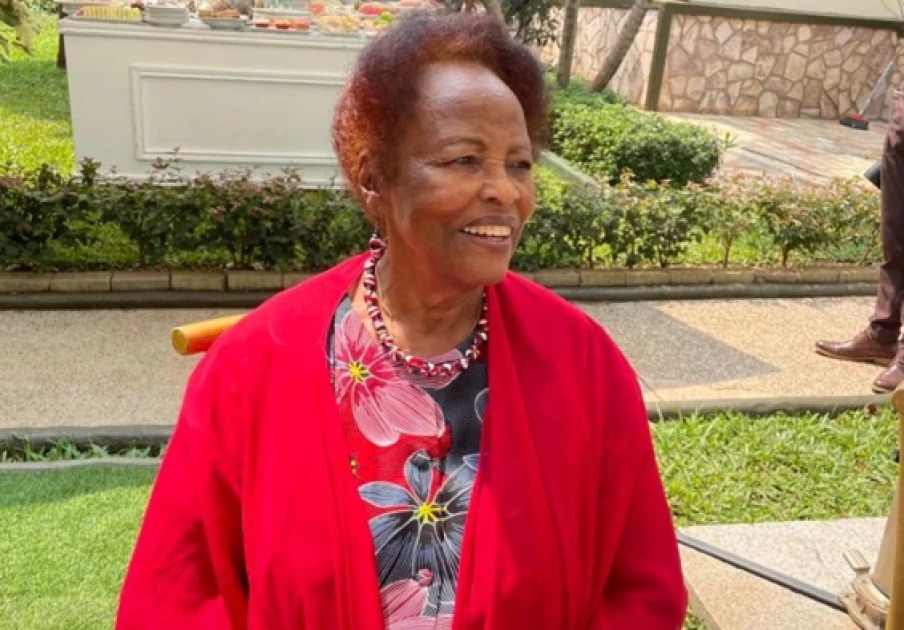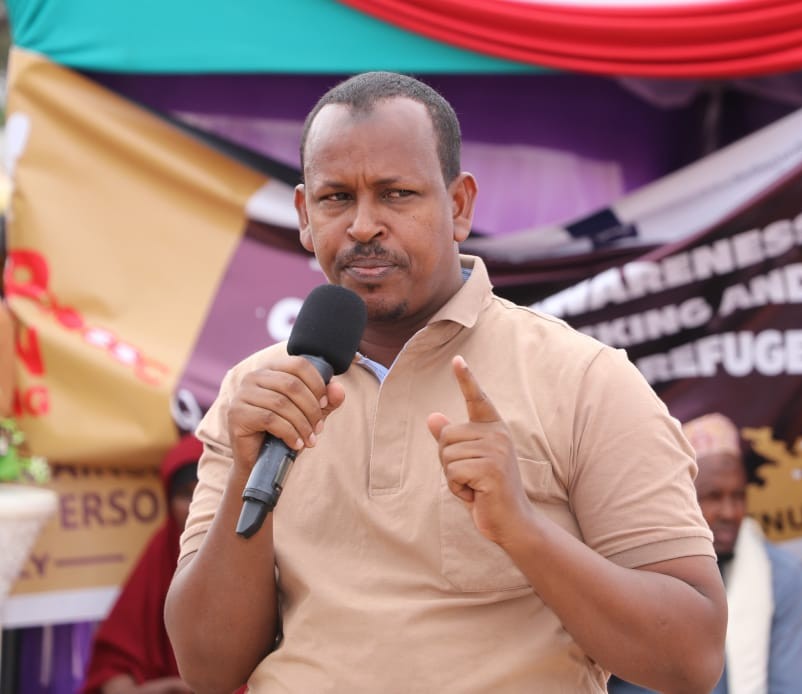
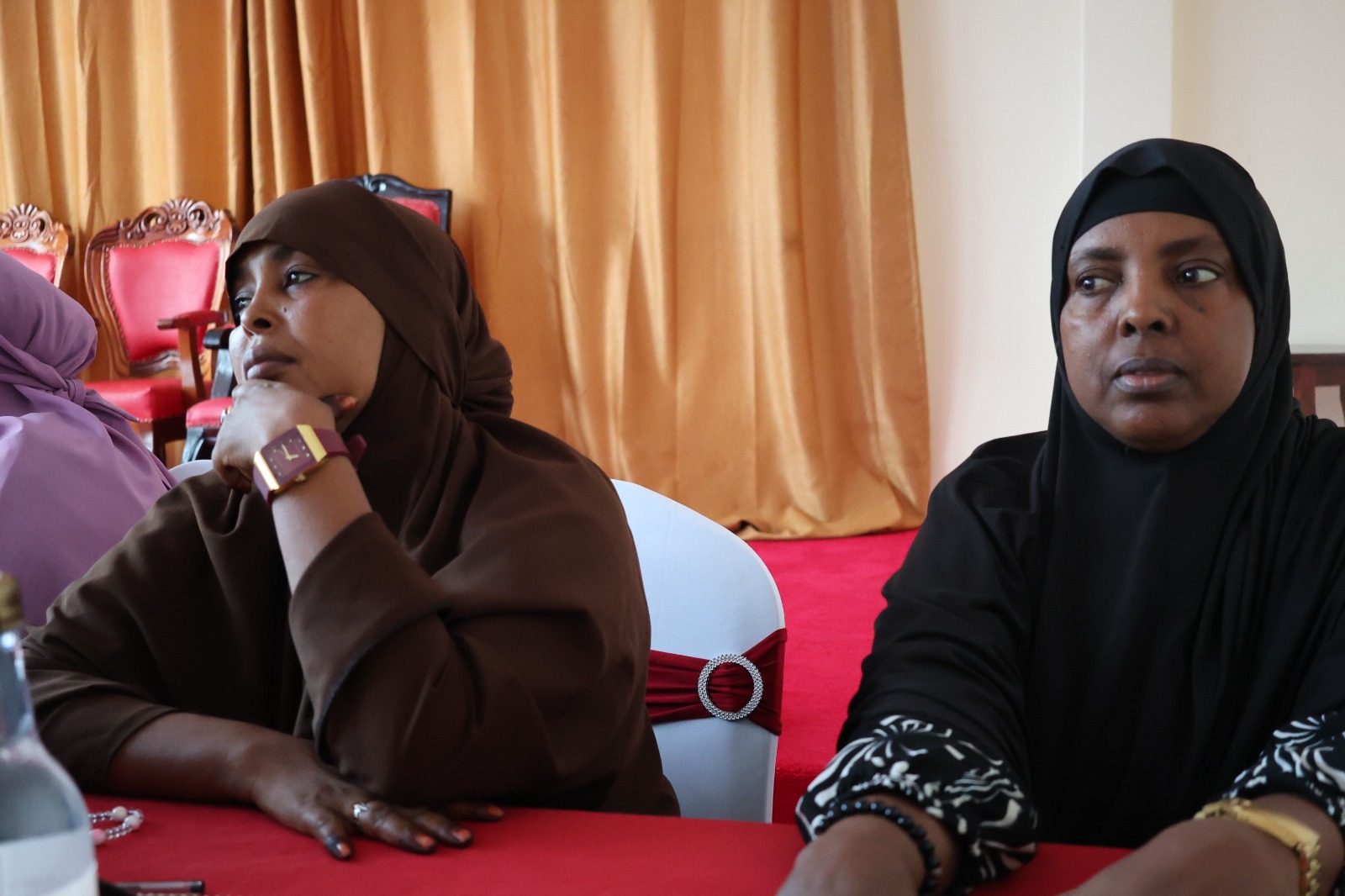
The Kenya National Commission on
Human Rights has pledged to work with all partners to tackle child marriage,
female genital mutilation and gender-based violence in Wajir County.
Ibrahim Kassim, from the
commission’s Garissa office, said the fight needs a multi-faceted approach
involving communities, government and local organisations.
He spoke in Wajir town during a
capacity-building forum focused on Kenya’s obligations in addressing harmful
cultural practices and protecting the rights of women and girls.
Despite years of government and
community interventions, cases of FGM, early marriage, and GBV remain
alarmingly high in the Northeastern.
The Kenya Demographic and Health
Survey 2022 says FGM prevalence dropped to 15 per cent, but in Garissa, Wajir
and Mandera counties, the figures remain stubbornly high at 83, 97 and 96 per
cent.
Kassim warned that meaningful
change will only come through collective action.
“As a commission, we pledge to
strengthen partnerships with local organisations, county and national
officials, religious and community leaders to expand advocacy and support
networks across Wajir,” he said.
Kenya is a signatory to several
regional and international instruments that protect women and girls from
gender-based violence, child marriage and other harmful practices.
“We are here to strengthen
prevention and eradication efforts, including advancing community awareness
campaigns to challenge harmful cultural norms and practices. Child marriage is
illegal in Kenya,” Kassim said.
Wajir County Civil Society
Consortium chairperson Fatuma Abdullahi said FGM remains rampant due
to deep-rooted traditions, religious misinterpretations and social pressure.
“Unfortunately FGM remains a
significant challenge in our county, which has one of the highest prevalence
rates. Deep-rooted cultural traditions, poverty and weak enforcement of
existing laws have made it difficult to eradicate these vices,” she said.
Fatuma urged partners to take
personal responsibility in ending the practice.
“We all have a role to play in
dismantling these harmful practices. I want to single out FGM as one that
continues to be practiced with impunity,” she said.
Former Wajir Town
chief Mohamed Noor said religious leaders hold the key to dismantling
harmful beliefs that sustain FGM.
“We need to engage religious
leaders in the fight against practices such as FGM. The commission should
continue working closely with civil society groups, imams and parents to end
these practices,” he said.
Abdi Mohamed, a 35-year-old youth
representative, said young people are ready to take the lead in protecting
girls from outdated cultural practices.
He said while many women oppose
FGM, the practice often happens in their absence, driven by community pressure.
“Women and mothers are not the
problem — in many cases – they are victims of pressure and tradition. Involving
imams and madrassa teachers will help correct misconceptions that falsely
justify FGM as a religious obligation,” Mohamed said.
Partners pledged to intensify advocacy and community education; ensuring women and girls in Wajir live free from violence and harmful traditions.




